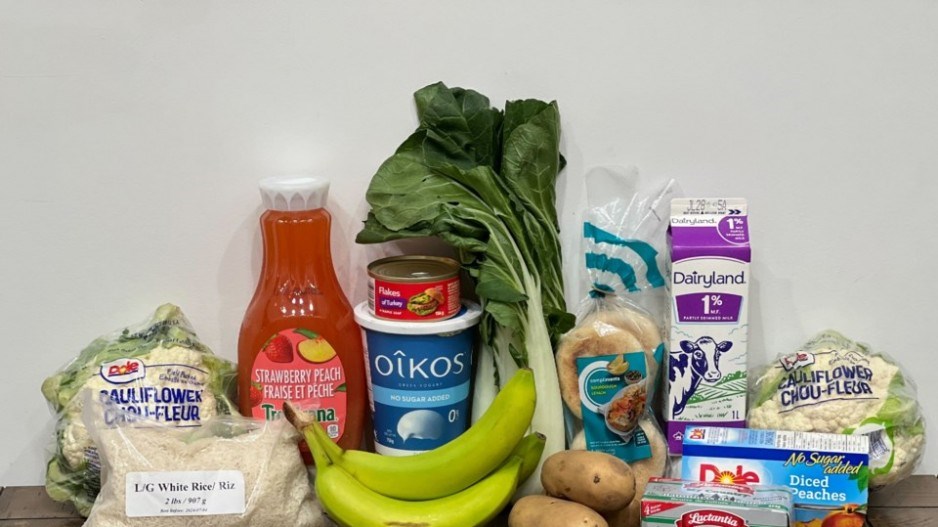The need in Vancouver is growing -- the need for housing, the need for employment, and, most of all, the need for food security in our communities.
Despite its consistent ability to be named one of the best places to live, Vancouver has a growing problem of food insecurity. In only three years, the Greater Vancouver Food Bank has seen substantial growth in client numbers, going from 9,000 weekly clients in 2019 to more than 16,000 in 2023.
We see this growth as a direct result of job loss, immigration, and fixed incomes not matching the growing inflation rates. Every month, we register an additional 600-800 clients without any sign of slowing down.
How does a charitable organization with no government funding maintain this unprecedented growth? To better serve our community, we need the support of the community. The individuals who donate their time and money allow us to continue to fulfill our mission – providing healthy food to those in need. Without them, we would be unable to keep registering new clients, and we would certainly not be able to provide the sizeable weekly menu that is made up of 60+% fresh items that we do now.
Regarding food banking in our current era, we must be proactive in our approaches and create community awareness to encourage ongoing support, not just wait to see what we get. As a large organization with many operational costs, we need more than monthly donors for support. The GVFB must look for new and innovative ways to engage with prospective donors and community residents.
Finding ways to build this growing donor engagement without over-taxing our current donors or exhausting people with requests has brought forward new opportunities. This process, however, comes with trial and error, especially with the challenges of the pandemic. These unforeseen obstacles made it critical to adapt and reevaluate regularly.
So how does a food bank engage the community without draining the attention and generosity of donors? There are more traditional forms of fundraisers, such as CBC Day and the Reel Thanks Annual Fundraiser. Events such as these have been a trademark of charity giving, bringing together a community of donors to support the cause in need throughout a specific holiday or industry. These special events are critical for the industry and benefit numerous smaller food banks in the community. However, as one of the largest food banks in the country, we cannot rely on only these generous donors to support our rapidly growing registration list.
We must find ways to step outside the status quo and bring attention to our cause through the power of our own communities and attention-grabbing tactics. To generate this type of interest, we have to make it more fun! We introduce aspects of activities people actively look for, and in return, we make it a fundraiser. Fore for Food, our annual golf fundraising tournament, is an excellent example of taking control over the usual golf charity event and making it our own production. By claiming ownership over this event, we not only receive all the profits, but we can educate participants on the why behind what we do in our own words. Another way we have transformed fundraising into a community celebration is through our upcoming music festival fundraiser Foodstock! This event raises money for the food bank and brings together local artists, breweries, and food trucks for one big community day that can return year after year. Events like these have the power to generate year after year of revenue and attention, growing in size and fame every year.
As much as we plan and engage our community, we can all agree that food banks are not a solution. They are a tourniquet for an emergency need and one that cannot be a stable and ongoing source of support. We need a sustainable and reliable solution that supports individuals beyond the immediate support of a food bank. By offering weekly food, we only delay the inevitable growing need without fully addressing the rapidly multiplying problem. There is more than enough food in B.C. to feed our population. The challenge lies in accessing and distributing this food without waste. Until we reach this crucial step, food banks will continue to save lives and support communities.
But we need help to keep doing this. We need the continued and unwavering support of those in our community to distribute healthy, nutritious food to those who cannot access it in other ways. Through these community events, festivals, and annual fundraisers, we will encourage others to attend, support, and participate in the aid of those in need. Event and community fundraising might not answer our growing problems, but it makes it a lot more fun for everyone involved.
David Long is the CEO of the Greater Vancouver Food Bank.




